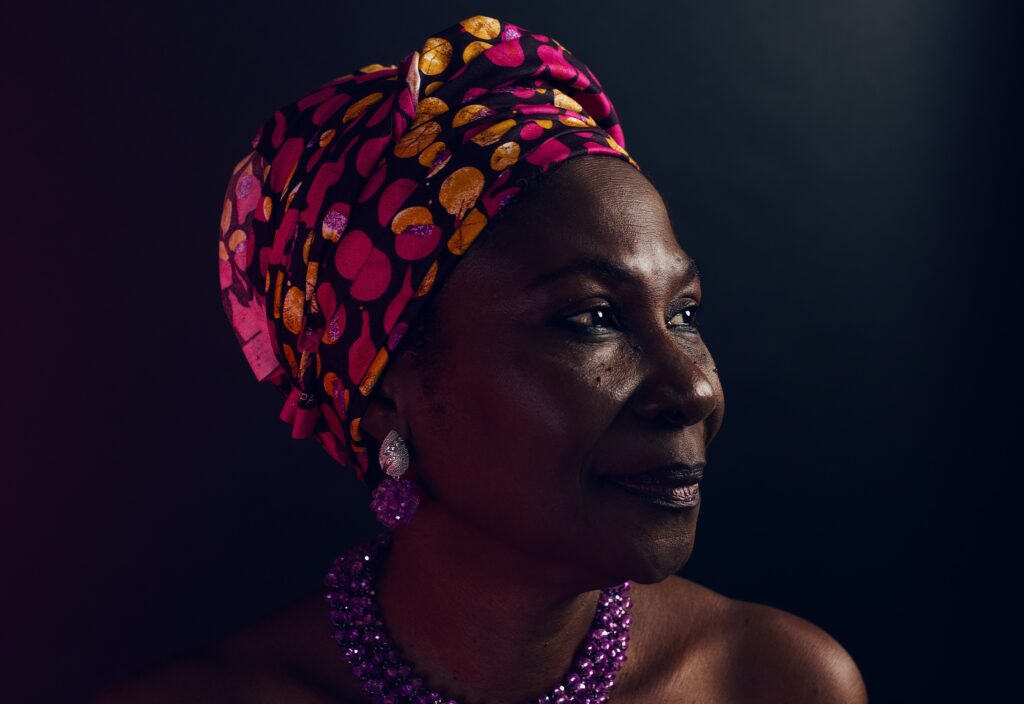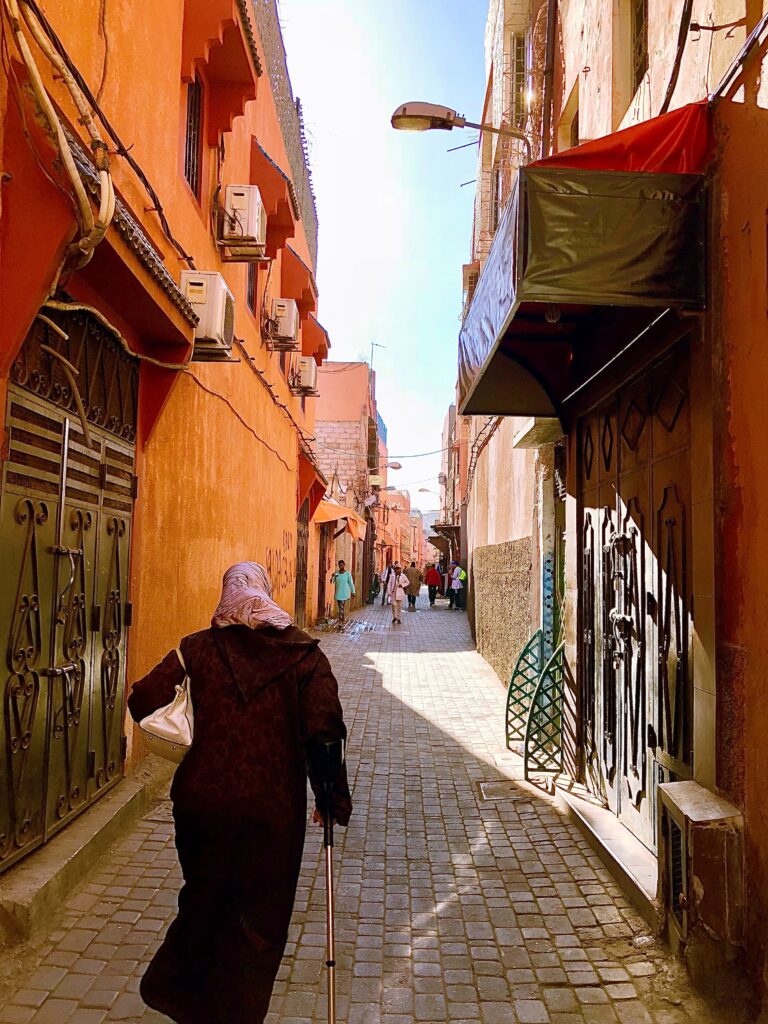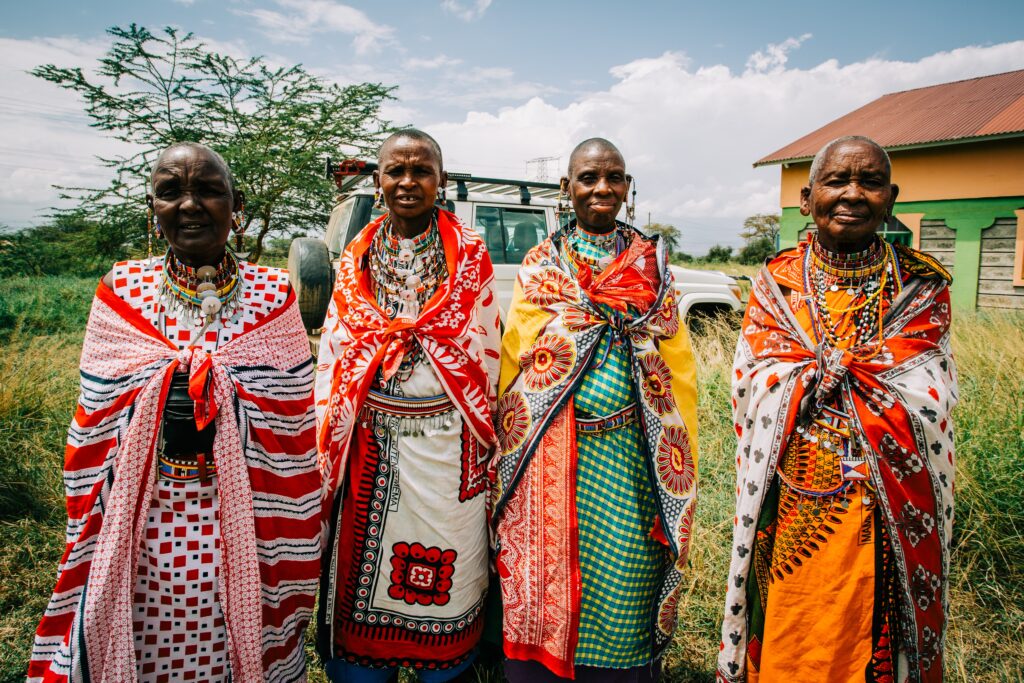
When travelling to new places, it is essential to show respect for the local customs and culture. Respecting other cultures while travelling provides travellers with a richer experience, as they not only gain insight into the local traditions but also show kindness to the people around them.
There are many ways to show respect for other cultures. Before travelling, research the local customs to know what is appropriate and what is not. One thing you can do is read up on the country’s history. This will give you a better understanding of the culture and how it has evolved over time. Additionally, it’s also a good idea to learn about the current political situation in the country, as this can also give you some context for the culture.
Another thing you can do is research the local customs and traditions. For instance, you might want to learn about the country’s religion, which can help you be more respectful of local customs and traditions. Additionally, it’s also a good idea to research the country’s food customs, as this can help you be more respectful of local dietary restrictions.
Greetings and Mannerisms

In Africa, greeting someone is considered good manners. It’s an important aspect of tradition. When you’re walking in a neighbourhood, it’s respectful to share greetings with the people you meet along your journey. When I was walking along the beach with a Muslim Zanzibari friend, he politely called out “Salaam Aleikum”(peace be upon you) to every person we came across. Moreso, we don’t consider people as strangers. Every person is either a sister, a brother, an aunt, an uncle or a grandparent. By greeting, we inherently show the home in which we grew up and how our family raised us.
This helps you understand why a greeting is not just a mere, “hello” but a translation of well-being and camaraderie. In isiZulu, the word Sawubona doesn’t just mean hello, but “I see you”. Similarly, the Yoruba of West Africa don’t just say hello but infer well-being in each greeting. As such there is a greeting for every occasion including sitting down, working, eating, having a meeting, or doing well at school.
Tips:
Do try and greet people in the language of their home country.
When you’re asking for help or directions, always start with a greeting.
When you come across an elder, you as the younger person must initiate the greeting.
People often use the right hand for greetings as the left is considered “dirty”.
In some countries, it is considered rude to shake hands or make eye contact with someone when you first meet them so be sure to observe the proper etiquette.
Similarly, don’t assume that a smile is always an indication of friendliness. Different cultures have different non-verbal cues that can mean something entirely different than what you’re used to!
Respect the Dress Code

You can also respect other cultures while travelling by respecting the dress code. When I went to Senegal for the first time, I was a little nervous about what to wear. I wanted to respect the Islamic traditions that are prevalent in the country, but I wasn’t sure what would be appropriate. In South Africa, where I come from, our dress is pretty liberal, so I had to think carefully about my daily outfits. It’s always best to err on the side of caution, especially when you’re out in public. In more touristy areas, like on beaches and in nightclubs, you can be more risqué. Bikinis, shorts, and mini-dresses are usually acceptable. My rule of thumb is to always observe how people in the community are clothed and follow their lead.
Tips:
In some places, women may be required to cover their heads or wear modest clothing that covers the shoulders and is below the knees.
In particularly conservative areas, you may be asked or even escorted back to your hotel to change.
If you’re unsure, ask the staff in your hotel or lodgings to guide you.
Similarly, men may need to cover up tattoos or body piercings. Abiding by these cultural norms demonstrates the respect you have for their culture, and will likely be appreciated by the nationals.
Respect Religion and Culture

It’s no secret that religion is a powerful force in Africa. Christianity and Islam are the dominant religions, but it’s quite common for practitioners of these religions to also take part in traditional African religious practices. However, religious voyeurism is not tolerated and can be met with hostility. I learned this the hard way when I tried to take a peek inside a mosque in a local neighbourhood in Dakar. I was quickly escorted out by an elder, even though I was wearing a headscarf and skirt and had sought permission. Maybe he didn’t like my camera or the fact that I was accompanied by young Senegalese men. Either way, it’s important to show respect for religious beliefs and traditions if you want to avoid problems.
When exploring Benin and Togo, many people are drawn to the voodoo markets and the seemingly “dark” magic of vodun. However, voodoo is a religion of light and great faith. It’s a religion that’s intertwined with everyday life in West Africa and other parts of the world. I once had a woman contact me via social media because she wanted me to put her in touch with a voodoo priestess. I enquired repeatedly why she needed a priestess because I wanted to determine if she had a genuine need for help. Her answers while vague suggested some voyeurism and so I told her I couldn’t help her.
Lastly, in many parts of Africa, there are still indigenous populations influenced by animism and other ancient beliefs. You may not agree with these beliefs but these must be handled with sensitivity for the sake of indigenous customs. By respecting other cultures while travelling within the continent, both you and the host communities can benefit from having an insightful interaction.
The LGBTQIA Community
In a perfect world, we would worship the idea of inclusiveness, acceptance of all genders and sexual orientations. The reality is that of 54 countries on the continent, only 22 do not criminalise homosexuality and queerness. South Africa and Cape Verde are the only countries on the continent where same-sex marriage is legal.
It’s important to be mindful of the situation of LGBTQIA communities in other countries. We might want things to change, but we can’t just jump in with our good intentions and saviour mentality. We must allow for changes to transpire from within the host communities and abide by their guidance. You may ask how you can help.
Anything else means real and serious repercussions for a country’s queer communities. We need to be careful about imposing our own standards on others. Not too long ago, a Tanzanian friend sent me a video of a gay couple on the beach. One man was proposing to another, and perhaps in another society we might have cheered and wished the couple well. Instead, with disdain my friend told me that the couple was transgressing against the local customs. We need to be respectful of different cultures and traditions if we want to truly help LGBTQIA communities around the world.
It’s important to be respectful of local customs and cultural norms when travelling. Keep public displays of affection subtle and appropriate to the country you’re in, so as not to offend locals or other travellers who may not be aware of your cultural context.
Respecting Other Culture While Travelling Means Asking Before Taking Photographs

When you’re travelling, taking photos is a great way to preserve memories. But it’s vital to be respectful when you take pictures of people in other cultures.
Before taking a photo, always ask permission and make sure you respect any wishes they have about how the photo will be used (e.g. whether their face can be shown, or if the photo will be made public). Additionally, avoid using people in traditional dress as props for photos that you want to show off as “authentic.” Remember that everyone deserves to be treated with dignity.
Recognise Your Prejudices
When travelling to a new country, it’s very important to be aware of your own biases and prejudices. Ethnocentrism is the belief that your culture is superior to another, and unfortunately, this is something I’ve seen a lot of when people interacted with indigenous cultures. It’s crucial that you leave any preconceived notions or stereotypes at the door. Instead, take cues from the host communities even if you don’t agree with their beliefs or customs. Not only will this give you a more authentic experience, but it will also show respect for the people and culture you’re visiting. Culture, heritage, and tradition are what make up everyday life for all of us – even when a certain practice goes against our own ideologies.
Respect Sacred Places
Respecting places of religious or historical importance is essential when travelling abroad. This includes refraining from taking photos, smoking, or eating and drinking in sacred places – no matter what religion it belongs to.
Try Local Cuisine

I know that not everything will be to your taste when trying new things. I’ve certainly had my share of surprises (and shocks!) when it comes to local cuisine. However, I believe that it’s important to step out of your comfort zone and give new things a try. Not only is it a great way to learn about other cultures, but it’s also usually a delicious experience for your senses.
The food in Zanzibar was really great. I loved the fresh ginger in the fruit juices! I also tried octopus for the first time and while I liked it, it’s not something I’m in a hurry to eat again. In Nigeria, I had some of the best grilled catfish that I’ve ever tasted. And I finally tried jollof rice, which was really spicy and delicious. In Benin, I ate grilled dorado every day and drank Youki soda. In Zimbabwe, I tried a local delicacy, fried mopane worms. I remember a couple from the United States of America sitting across from me looking at the dish warily before refusing to touch anything. I was disappointed.
Growing up whenever my father slaughtered a sheep or goat, he would invite us to eat the still-warm raw liver. It’s a tradition that has been handed down for centuries among indigenous peoples. So yes, I’m familiar with sweetmeats. But I never knew how much I’d come to love raw fish until I tried it. I’m still trying to convince my mother to try sushi.
Eating out in restaurants showcasing local cuisine is also a good way to support local businesses. It can make a significant difference in some countries where tourism plays an important role in the economy.
The Final Take Away About Respecting Other Cultures While Travelling

Getting to know a culture can be difficult, but it’s worth it to try. If you really want to get a feel for a place, go beyond the surface level. Listening to music and interacting with locals are great ways to learn about and appreciate a culture.
When you listen to folk tales and legends told by people who live in a host community, you can get a valuable look into how they see the world. You can also learn a lot by talking with people from different backgrounds. This can help you understand why people act in certain ways.
I believe that the best way to learn about a new culture is by interacting with locals and learning their language. Tourist attractions, tv shows and museums can provide some knowledge, but it’s through personal interactions and experiences that you can really understand a culture’s traditions.
It is essential to remember that we are all human and should treat each other with respect when travelling abroad. Respect for culture, religion, and customs is an integral part of having a meaningful and enjoyable experience in another country.
